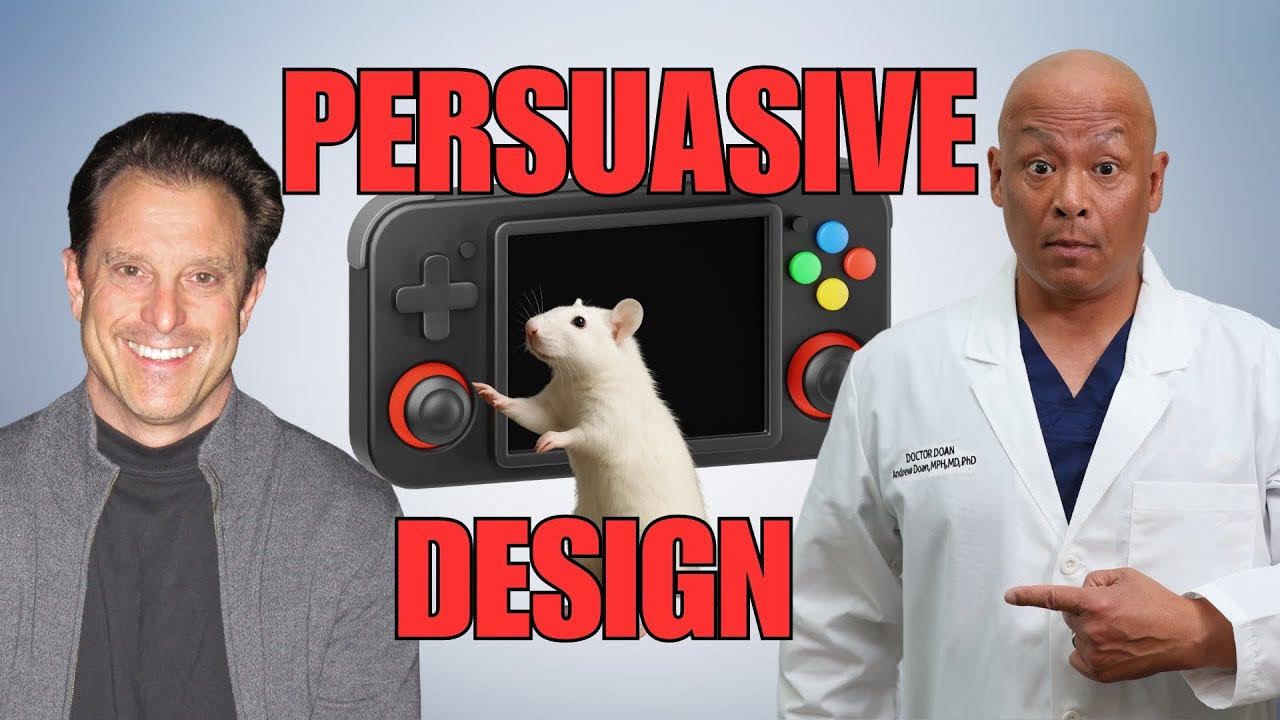
Welcome
As a child and adolescent psychologist in clinical practice, I have seen our kids’ health and well-being be decimated by addictive technologies that rob them of the real-world lives that must be the foundation of a healthy childhood. I have devoted my career to revealing how Silicon Valley industry is using psychology—a discipline that we associate with healing—as a weapon against kids in order to pull them online and keep them there. This is achieved through the virtually unknown science of persuasive design, which is concealed in social media, video games, and online video. I turn a bright light on this clandestine science and provide actions to give our kids healthy, happy, and productive lives in my new book: Better Than Real Life: The Secret Science Addicting Kids to Screens—and How to Save Childhood.
The Secret Silicon Valley Science Stealing Childhood
My just-released book Better Than Real Life unveils how Silicon Valley’s hidden science of persuasive design is pulling a generation of kids away from the real world to live on social media, video games, and online video. The science is so powerful that it is able to persuade youth, at a genetic level, that sitting sedentary on playtime screens is better than running and playing, better than engaging with school, better than spending time with family. Kids suffer physically, emotionally, and academically as a result. Better Than Real Life reveals how we can provide our kids the healthy childhood they need—in the real world.
Praise for Better Than Real Life
“This book will haunt you, but in all the best ways. It's not enough to know our kids are being tricked and manipulated, it’s knowing how they are being tricked that will help parents—and kids themselves—make smarter screen-time decisions.”
— Victoria Dunckley, MD, integrative child psychiatrist and author of Reset Your Child's Brain
“Dr. Freed courageously exposes the ‘puppet masters’ hiding behind kids’ screens, shedding light on how technology and gaming companies employ neuropsychologists and neuroscientists to implement manipulative designs in their digital products.”
— Andrew P. Doan, MPH, MD, PhD, Author of Hooked on Games and Digital Drugs and the Struggle for Connection, Aerospace Medicine Physician, Ophthalmologist, & Neuroscientist
“This beautifully written and accessible book will give you calm, clear and courageous information that cuts through profit-driven marketing, tech-industry manipulation and media hype.”
— Kim John Payne. MEd, Author of Simplicity Parenting, The Soul of Discipline, and Emotionally Resilient Tween and Teens
Screen Addiction Podcast
Watch or listen to my Screen Addiction Podcast available on YouTube, Spotify, and Apple where I reveal how addictive screens are stealing childhood away from all things real world, and l show actions to provide our kids happy, healthy, and successful lives in this digital age.
In the Media
Dr. Freed’s insights have been featured in the New York Times, Wall Street Journal, Washington Post, Atlantic, on NPR and CNBC, as well as other media outlets.

The Future of Work: What Automation Means for Jobs and Wages

The Future of Work: What Automation Means for Jobs and Wages

The Future of Work: What Automation Means for Jobs and Wages

The Future of Work: What Automation Means for Jobs and Wages

The Future of Work: What Automation Means for Jobs and Wages

Featured in
Emily Steele works with top publications providing a unique tone and perspective on politics and current events












































































